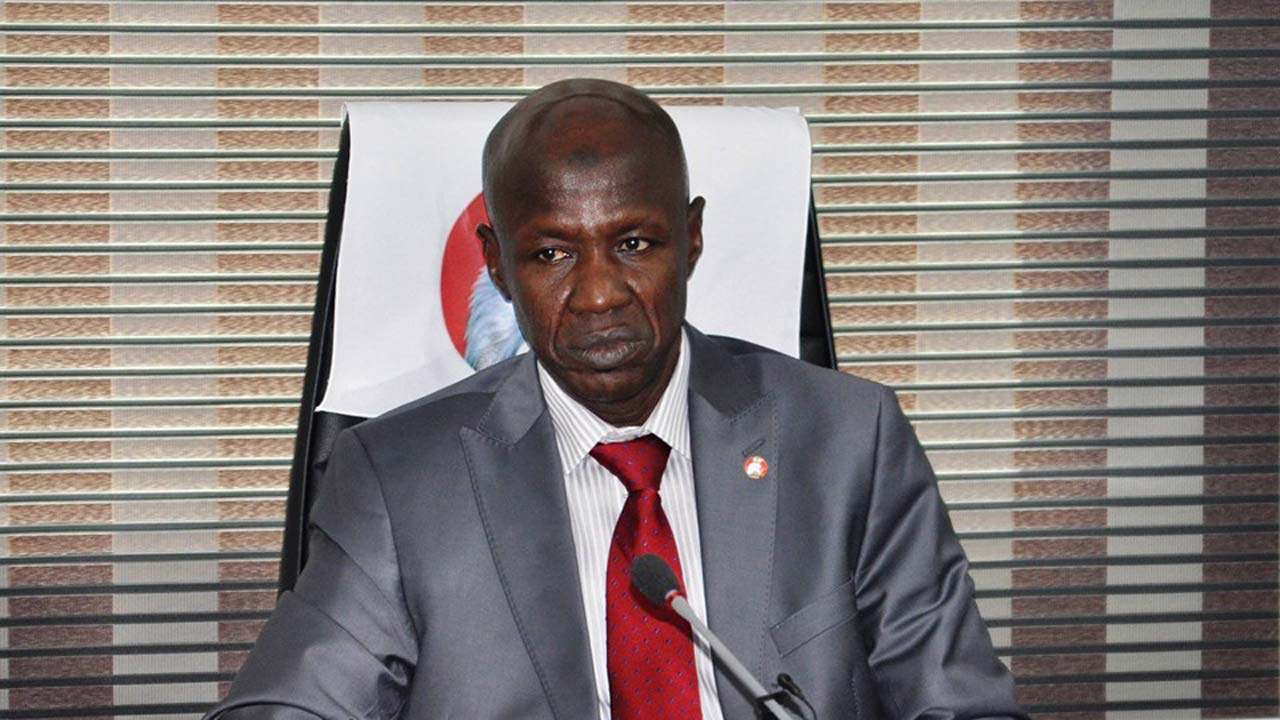The Case of MAGU: The Importance of Explanatory Journalism
4 min read
REPORTING NEWS IN A COUNTRY OF CONSTANT OFFICIAL DISHONESTY: (THE CASE OF MAGU AND THE IMPORTANCE OF EXPLANATORY JOURNALISM).
Yesterday afternoon, 6th June, 2020, most Nigerian media outlets reported that the Acting Chairman of the Economic and Financial Crimes Commission (EFCC) was arrested by Department of State Service (DSS) for fraud. But by 4pm, both the DSS and EFCC respectively issued press statements denying that Magu was arrested by the DSS. This caused widespread confusion – was Magu arrested or not?
The first problem you sense here is the readiness with which Nigerian Government agencies, even law enforcement agencies, could misinform the public and create needless confusion. Something as significant as the arrest of the head of the premium anti corruption agency in the country should not be called a rumor even after it has been reported by most media houses. Such things are so rare that they cannot be a rumor after it has been so widely reported.
Indeed, DPA and EculawNews were the last to report the story. It was not that we were not aware of the story. Rather, we were conscious of the possibility that the government might not have realized the implications of a publicized arrest of Magu, and that they might later realize and try to deny it or mislead the public. We needed to obtain more information beyond the arrest, to be able to tell when there has been official attempt to suppress truth.
When you face a situation where government agencies can suddenly deny their actions and confuse the public, the best way out is to embark on explanatory journalism. By this, DPA/EculawNews sought to explain the events by looking at the logical meanings and implications of specific acts of those involved rather than relying on conclusions and interpretations handed down by government agencies. The beauty of explanatory journalism is that it explains to the reader how the reporter arrived at his conclusions, rather than merely repeats the official line of a lying government.
So, DPA/EculawNews had to ask the proper question: “What is going on?”, instead of “What are they saying?” With this simple question, we were able to know and inform our readers that Magu was indeed arrested irrespective of the denials by DSS and EFCC.
We relied on the legal meaning of arrest to know that a person is under arrest whenever he or she loses his or her freedom of movement or liberty at the instance of a law enforcement officer performing his duties. Magu was said to have been intercepted in traffic near his office and taken against his will to the place where he was to face a panel. What panel and for what purpose? We recalled that recently, the Attorney General of the country (the Chief law officer of the country) had forwarded a petition to the President accusing Magu of wide-reaching series of fraud and recommending removal and prosecution of Magu. With the petition of the AG as a backdrop to Magu’s appearance before a panel, one must understand that it was not an invitation to a tea party for him.
There was an argument between law enforcement officers who intercepted Magu and Magu’s security detail. In the end, the unidentified officers prevailed by taking Magu away. The only concession they granted Magu was that he was allowed to be in his car driven by his driver, but with one of the arresting officers by his side and his car was sandwiched between vehicles driven by the arresting team. That was the moment he lost his liberty and free will. That was the moment he came under arrest. There could be no doubt that Magu was arrested.
At the Villa where he was to face the panel of interrogators, he requested and it was allowed for his lawyer, Rotimi Jacobs, to be present. That was in compliance with Section 35(2) of the Constitution, which is a provision that deals with the rights of a person under arrest. That further confirms the situation. He was arrested and was being interrogated and was granted his constitutional right to consult his lawyer before answering questions. That was his right to remain silent because everything he said otherwise might be used against him in a court of law.
So, there should be no doubt that Magu was arrested. It may not yet be clear which agency did the arresting – whether DSS or the Nigerian Police. We also believed that the Attorney General of the Federation who wrote a stinging petition against Magu was there at the interrogation session.
Explanatory journalism made it possible for us to use our knowledge of the law and law enforcement to confirm that Magu was arrested irrespective of any effort to characterize the event differently.

